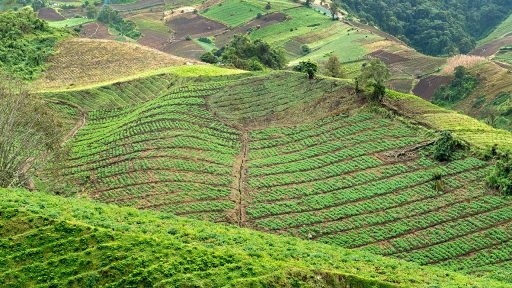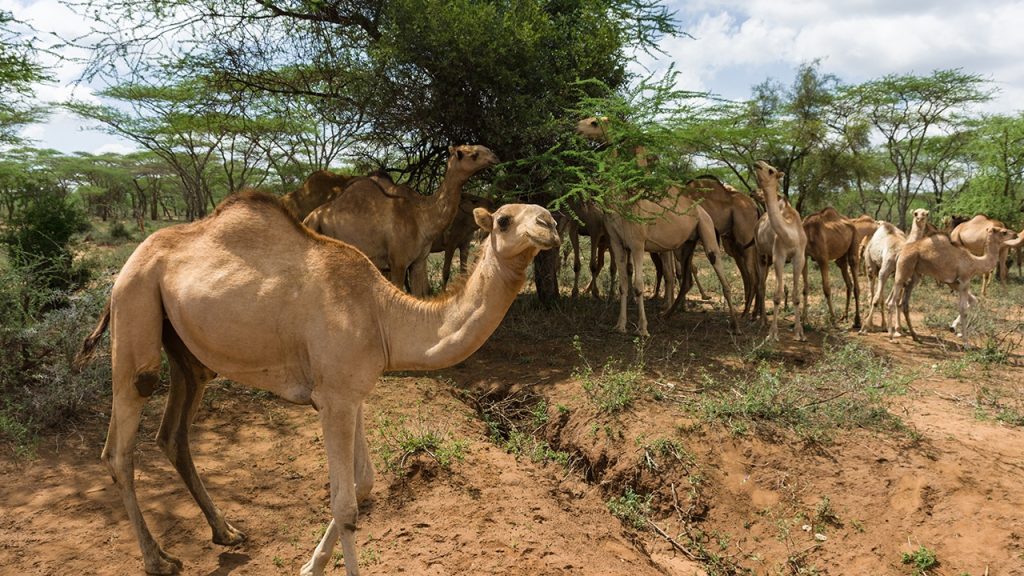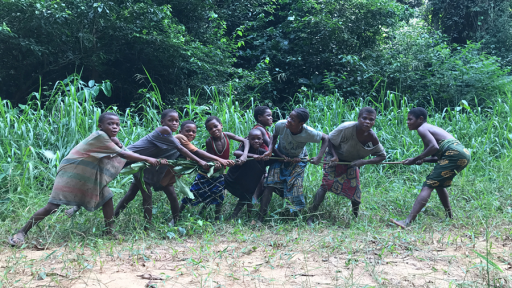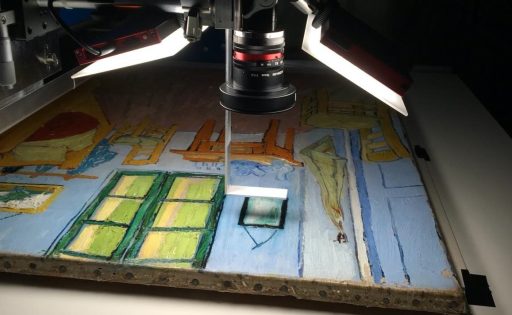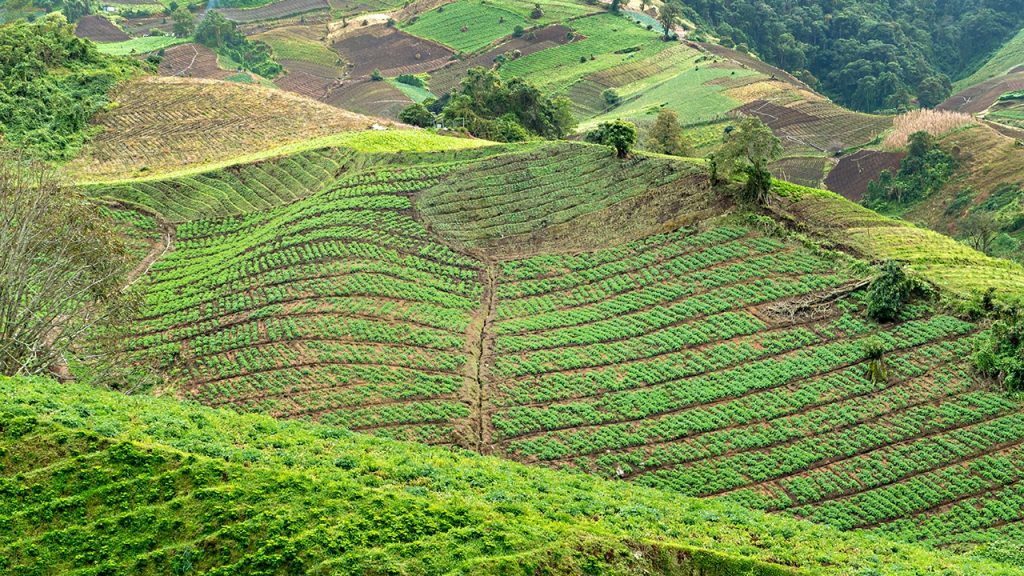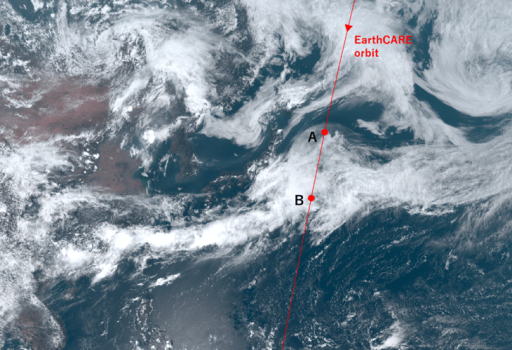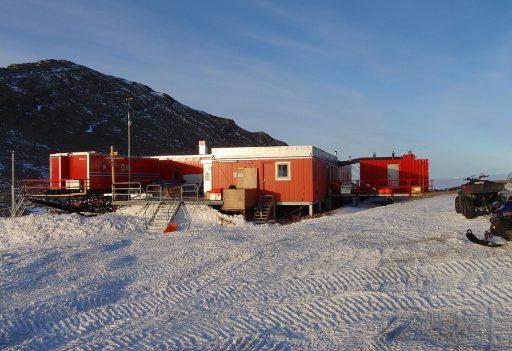Latest
Kenyan breakthrough brings energy-free cooling to rural communities
Already successfully tested in preserving camel milk and mango juice, magnetic refrigeration is emerging as a potential alternative to conventional electrical refrigeration, researchers at Egerton University’s newly established computational lab have found.
Real-world impact of research & education networks
National and regional research and education networks span the globe, delivering ultra-high-speed connectivity and specialised services that drive scientific discovery, enable international collaboration, and expand access to education. This blog features inspiring stories from around the world about the people and projects empowered by these networks to make a difference.
Featured Topics
Arts & Culture
How technology supports First Nations research and knowledge
Delivering the network that’s helping to preserve and foster a greater understanding and appreciation of the rich and diverse cultural heritage of Aboriginal and Torres Strait Islander peoples.
Climate Science
How satellite data is helping farmers fight drought and grow smarter
Satellite-derived humidity indices could help smallholder farmers in Panama reduce climate-related losses. The concept—Cosechas 4.0—was one of eight projects selected for support at InnovaInvest: Copernicus Edition, an event connecting researchers and entrepreneurs with investors to address environmental challenges in Latin America.



